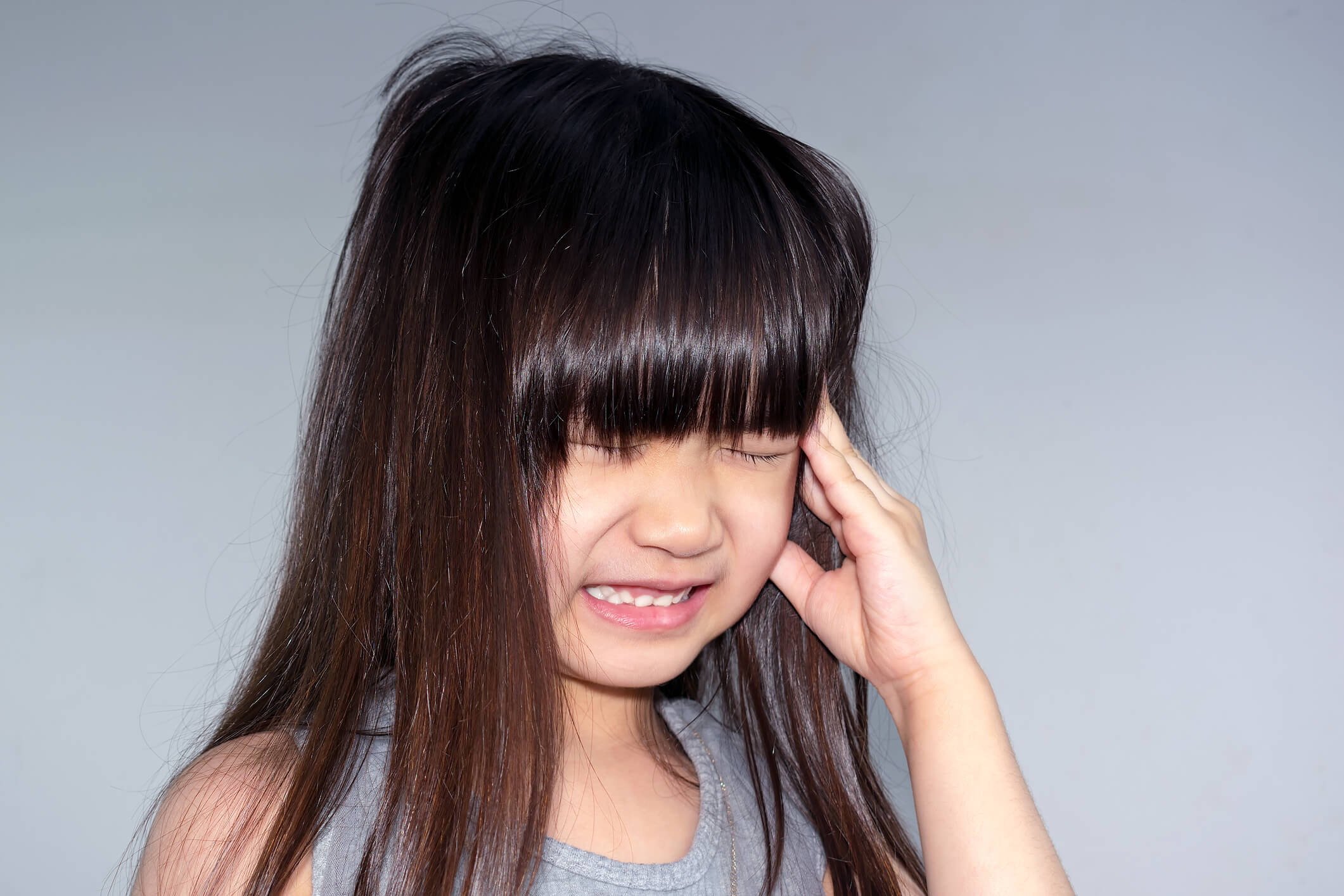What is an ear infection?
An ear infection occurs when bacteria or viruses (germs) get into the middle ear from the nose or throat. These germs can cause the inner ear to become red and irritated and allow fluid to build up. The ear’s reaction to the germs can cause pressure and pain for your child.
What are the symptoms of ear infections?
- ear pain (often worse when your child lies down)
- tugging or pulling at an ear
- difficulty sleeping
- fussier than usual
- loss of balance
- not responding to voices or noises
- fever of 38 C (100 F) or higher
- fluid leaking from the ear
- less appetite than usual
How do you get ear infections?
Ear infections are caused when viruses or bacteria (germs), often from a cold, travel from your child’s throat to their middle ear. Ear infections can also be caused when bottle-fed babies lie too flat, causing the milk to pool in the middle ear.
Children are at higher risk for ear infections if they:
- are younger than five years old
- have multiple colds in a year
- have allergies
- are exposed to cigarette smoke
- have a cleft palate
- are bottle-fed
- use pacifiers (due to increased exposure to germs)
Did you know
When bottle feeding your baby, holding your child upright at a 45° angle prevents:
- milk from pooling in the ears
- choking
- drinking too fast (feeding too much)

What should I do if I think my child has an ear infection?
Ear infections often get better without treatment. Doctors, nurse practitioners, walk-in/same day clinics, nursing stations and community health centers can provide care for ear infections.
Call your doctor if you think your child has an ear infection AND they:
- are younger than six months old
- are older than six months and have had a fever for more than 48 hours
- have other serious medical conditions
- are vomiting repeatedly
- are not hearing well or at all
- cannot be comforted
- are unable to wake
- have not had a wet diaper for more than 6 hours
- have redness or swelling behind the ear
- have a skin rash
- continue to be in a lot of pain after taking pain medication
Still unsure? Call Health Links – Info Santé at 204-788-8200 or toll-free 1-888-315-9257. You can speak to a nurse 24/7, 365 days of the year in over 100 languages. They can answer your health questions and help you find health services in your community.
How are ear infections diagnosed?
To diagnose an ear infection, your health care provider can use a tool called an otoscope to look inside your child’s ear. The otoscope shines a light so the doctor can see the middle ear’s colour and fluid.
How are ear infections treated?
- Most ear infections get better with no treatment. Pain medicine can be used to help your child feel better.
- Your doctor will decide whether the infection needs to be treated with an antibiotic and may talk to you about waiting a day or two before starting antibiotics.
- If your child has an antibiotic prescription, take the medication as prescribed. Your child may start to feel better within a couple days, but make sure you complete the prescription.
- If your child is not improving or gets worse, you should take them back to the doctor.
- Repeat ear infections may cause damage to the ear that affects hearing. If this happens, your health-care provider may suggest that your child have ear tubes put in. This is a minor day surgery that helps drain fluid out of your child’s ears.
Tips for comforting your child:
- Keep your child hydrated by offering plenty of fluids or breastfeeding/chestfeeding on cue.
- Let your child rest.
- If your child has a fever, dress your child in light clothing and remove any extra blankets.
- Acetaminophen (Tylenol®, Tempra®) or ibuprofen (Advil®, Motrin®) are the medicines that can be used for earaches and to reduce your child’s aches and pains from the fever and illness.
- How much you give is based on your child’s age and weight.
- Follow the medicine’s directions for how much and how often you can give the medicine to your child
Safety Tips:
To avoid giving your child too much medication:
- Use only the measuring syringe or cup that comes with the medicine. Kitchen spoons are not all the same and can cause overdosing.
- Make a note of the time and amount you gave. Tip – your calendar or phone works great for this.
- Write clear instructions for other caregivers about your child’s medicine. (What medicine, how much and when).
To keep your kids safe:
Put all medicine away after every use, even if you are going to be using it again soon. Store it out of sight and out of reach of children.
Choose the right medication for your child:
- Do not give acetylsalicylic acid (ASA, Aspirin®)to children because it can cause a rare and dangerous disease called Reye’s Syndrome.
- Do not give ibuprofen if your child is dehydrated, vomiting or has diarrhea because it can harm the kidneys.
- Do not give over-the-counter cough and cold medicines to children under six.
- Check with your pharmacist if your child is taking two or more medications to make sure it is safe.
- Call your local pharmacist or Health Links-Info Santé (Winnipeg 204-788-8200, toll-free 1-888-315-9257) for information.
Do I need to keep my child home?
For an ear infection, your child may continue attending a child-care facility or school if they feel well enough to take part in the activities.


